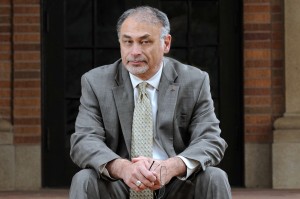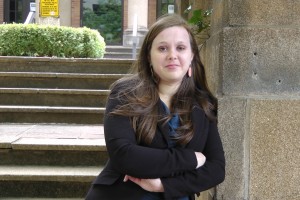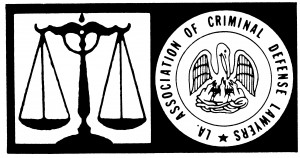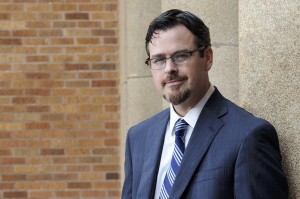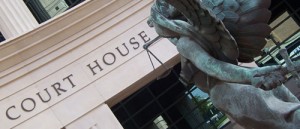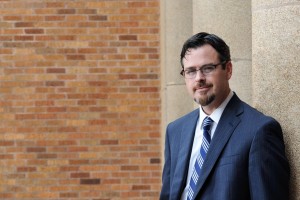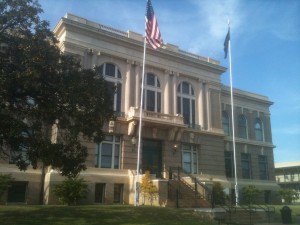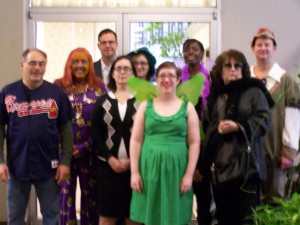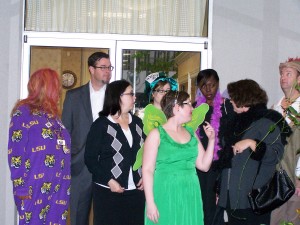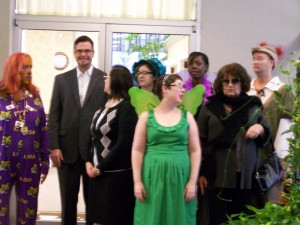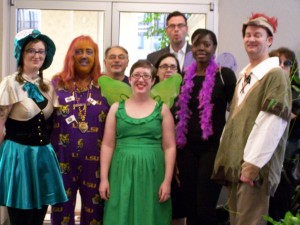Criminal convictions, and arrests that do not result in conviction, have many collateral consequences and few things create barriers to obtaining a good job like a criminal record.A record of arrest or conviction that is expunged in Louisiana is not destroyed. It becomes confidential, but remains available for use by law enforcement agencies, criminal justice agencies, and other statutorily defined agencies.
In 2014, the Louisiana Legislature recognized that “the inability to obtain an expungement can prevent certain individuals from obtaining gainful employment.” Louisiana. Code of Criminal Procedure Article 971(4). As a result, the Legislature enacted a series of revised and consolidated expungement statutes under Title XXXIV of the Criminal Code allowing for expungement of a broad range of both misdemeanors and felonies under certain circumstances.
The Legislature’s stated intent is to “provide opportunities to break the cycle of criminal recidivism, increase public safety, and assist the growing population of criminal offenders reentering the community to establish a self-sustaining life through opportunities in employment.” Louisiana Code of Criminal Procedure Article 971(6).
Records that may be expunged:
Records of an arrest that did not result in a conviction:
A person may file a motion to expunge a record of his arrest for a felony or misdemeanor offense that did not result in a conviction if any of the following apply:
(1) The person was not prosecuted for the offense for which he was arrested, and the limitations on the institution of prosecution have barred the prosecution for that offense.
(2) The district attorney for any reason declined to prosecute any offense arising out of that arrest.
(3) Prosecution was instituted and such proceedings have been finally disposed of by dismissal, sustaining of a motion to quash, or acquittal.
Louisiana Code of Criminal Procedure Article 976A.
Records of an arrest and conviction of a misdemeanor offense:
A person may file a motion to expunge his record of arrest and conviction of a misdemeanor offense if either of the following apply:
(1) The conviction was set aside and the prosecution was dismissed pursuant to Article 894(B) of this Code.
(2) More than 5 years have elapsed since the person completed any sentence, deferred adjudication, or period of probation or parole, and the person has not been convicted of any felony offense during the 5-year period, and has no felony charge pending against him.
Louisiana Code of Criminal Procedure Article 977A.
Records of an arrest and conviction of a felony offense:
A person may file a motion to expunge his record of arrest and conviction of a felony offense if either of the following apply:
(1) The conviction was set aside and the prosecution was dismissed pursuant to Article 893(E) of this Code.
(2) More than 10 years have elapsed since the person completed any sentence, deferred adjudication, or period of probation or parole based on the felony conviction, and the person has not been convicted of any other criminal offense during the 10-year period, and has no criminal charge pending against him.
Louisiana Code of Criminal Procedure Article 978A.
Any person who was convicted of carnal knowledge of a juvenile (R.S. 14:80) prior to August 15, 2001, is eligible for an expungement pursuant to the provisions of this Title if the offense for which the offender was convicted would be defined as misdemeanor carnal knowledge of a juvenile (R.S. 14:80.1) had the offender been convicted on or after August 15, 2001.
Louisiana Code of Criminal Procedure Article 978B(2)(b).
Records of an arrest for a felony when conviction is for a misdemeanor:
A person may file an interim motion to expunge a felony arrest from his criminal history when that original arrest results in a conviction for a misdemeanor. In such cases, only the felony arrest may be expunged.
An interim motion to expunge shall not be subject to the time limitations of 5 or 10 years for misdemeanor or felony expungements and there shall be no restriction on the number of interim expungements which may be granted.
Louisiana Code of Criminal Procedure Article 985.1A & D.
Expungement of certain controlled dangerous substance convictions:
Convictions for the following violations of the Controlled Dangerous Substances Law may be expunged under the following circumstances:
(1) A conviction for possession of a controlled dangerous substance as provided for in R.S. 40:966(C), 967(C), or 969(C), or 970(C).
(2) A conviction for possession of a controlled dangerous substance with the intent to distribute.
(3) A conviction for a violation of the Uniform Controlled Dangerous Substances Law which is punishable by a term of imprisonment of not more than 5 years.
(4) A conviction for a violation of the Uniform Controlled Dangerous Substances Law which may be expunged pursuant to Article 893(E).
Louisiana Code of Criminal Procedure Article 978B(3).
Limitations on expungement:
Arrests that did not result in conviction:
No person arrested for a violation of R.S. 14:98 (operating a vehicle while intoxicated) or a parish or municipal ordinance that prohibits operating a vehicle while intoxicated, impaired, or while under the influence of alcohol, drugs, or any controlled dangerous substance, and placed by the prosecuting authority into a pretrial diversion program, shall be entitled to an expungement of the record until 5 years have elapsed since the date of arrest for that offense.
Louisiana. Code of Criminal Procedure Article 976B.
Limitations on expungement of misdemeanor convictions:
No person shall be entitled to expungement of a record under any of the following circumstances:
(1) The misdemeanor conviction arose from circumstances involving or is the result of an arrest for a sex offense as defined in R.S. 15:541, except that an interim expungement shall be available.
(2) The misdemeanor conviction was for domestic abuse battery.
(3) The misdemeanor conviction was for stalking (R.S. 14:40.2).
Expungement of a record of arrest and conviction of a misdemeanor offense shall occur only once with respect to any person during a 5-year period, unless the person was sentenced pursuant to Article 894(B).
Expungement of a record of arrest and conviction of a misdemeanor offense of operating a vehicle while intoxicated shall occur only once with respect to any person during a 10-year period.
Louisiana Code of Criminal Procedure Article 977C & D.
Limitations on expungement of felony convictions:
No expungement shall be granted nor shall a person be permitted to file a motion to expunge the record of arrest and conviction of a felony offense if the person was convicted of the commission or attempted commission of any of the following offenses:
(1) A crime of violence as defined by or enumerated in R.S. 14:2(B).
(2)(a) A sex offense or a criminal offense against a victim who is a minor as each term is defined in R.S. 15:541, or any offense which occurred prior to June 18, 1992, that would be defined as a sex offense or a criminal offense against a victim who is a minor had it occurred on or after June 18, 1992 (subject to Article 893).
(3) A violation of the Uniform Controlled Dangerous Substances Law (with some exceptions).
(4) The conviction was for domestic abuse battery.
Expungement of a record of arrest and conviction of a felony offense shall occur only once with respect to any person during a 15-year period.
Louisiana Code of Criminal Procedure Article 978B & D.
Expungement by redaction of records with references to multiple individuals:
If a record includes the name of more than 1 individual and 1 or more of the individuals is entitled to an expungement of an arrest or conviction, any individual entitled to an expungement may petition the court to have records related to the arrest or conviction of the individual expunged by redaction.
Louisiana Code of Criminal Procedure Article 985.
The costs for filing a motion for expungement begin at around $500. They increase for varying reasons, including whether the conviction was for driving while intoxicated. All motions for expungement must be filed on forms promulgated by the Legislature and (sometimes) downloadable from the websites for the various clerks of court. All costs paid to the court are non-refundable and if a motion is rejected for any reason, those fees are not recoverable, nor can the filer correct his application and re-file without having to pay the costs again.
If you are curious about your eligibility for an expungement, please contact our office for a consultation at 318-227-1460.
The post Expungements in Louisiana appeared first on Shreveport-Bossier | Criminal Defense & Personal Injury Law | Elton B. Richey & Associates, LLC.
]]>
